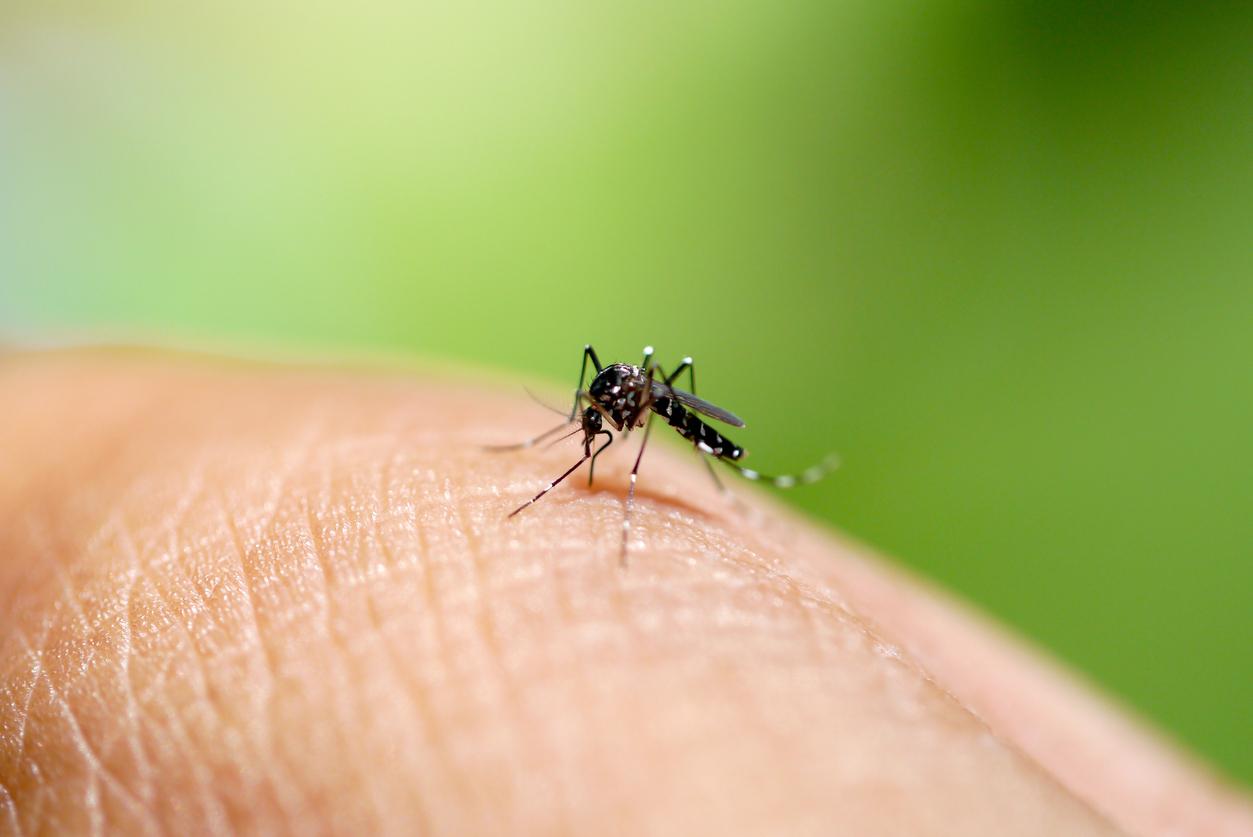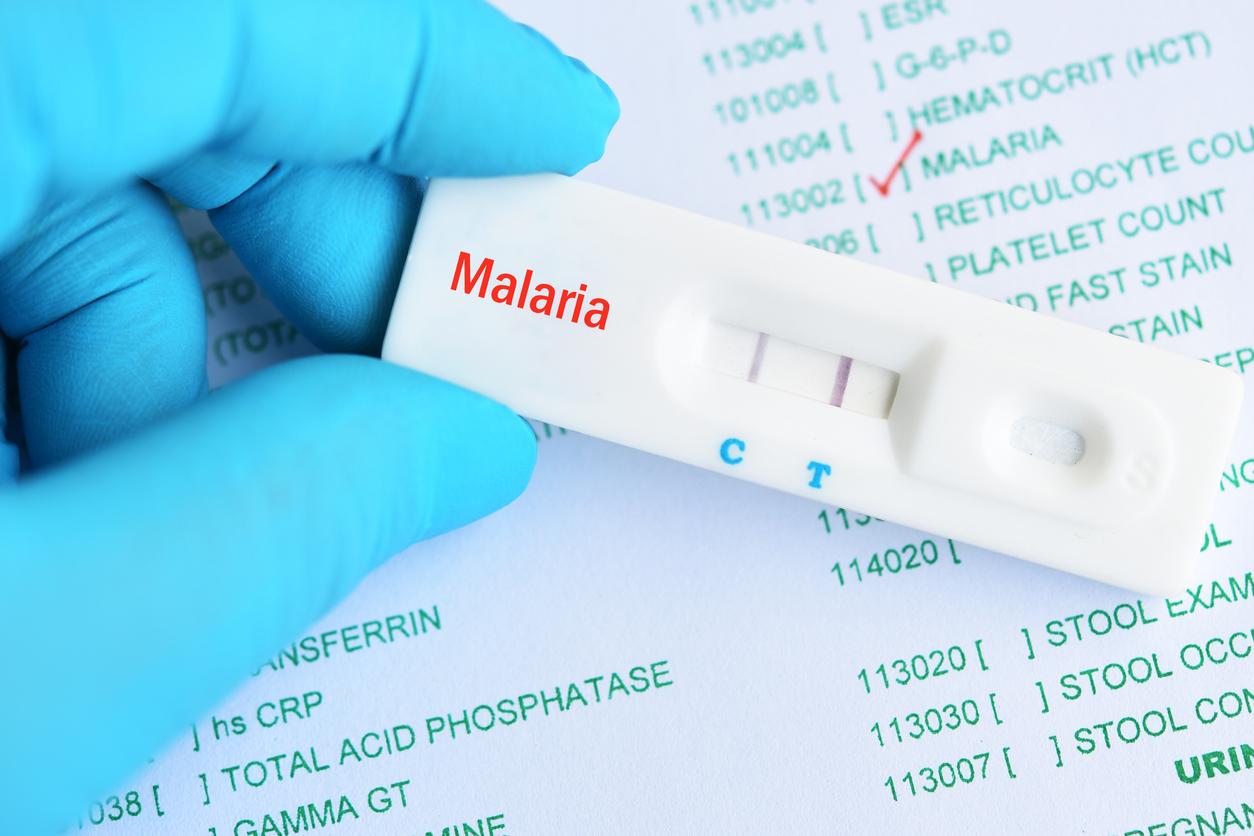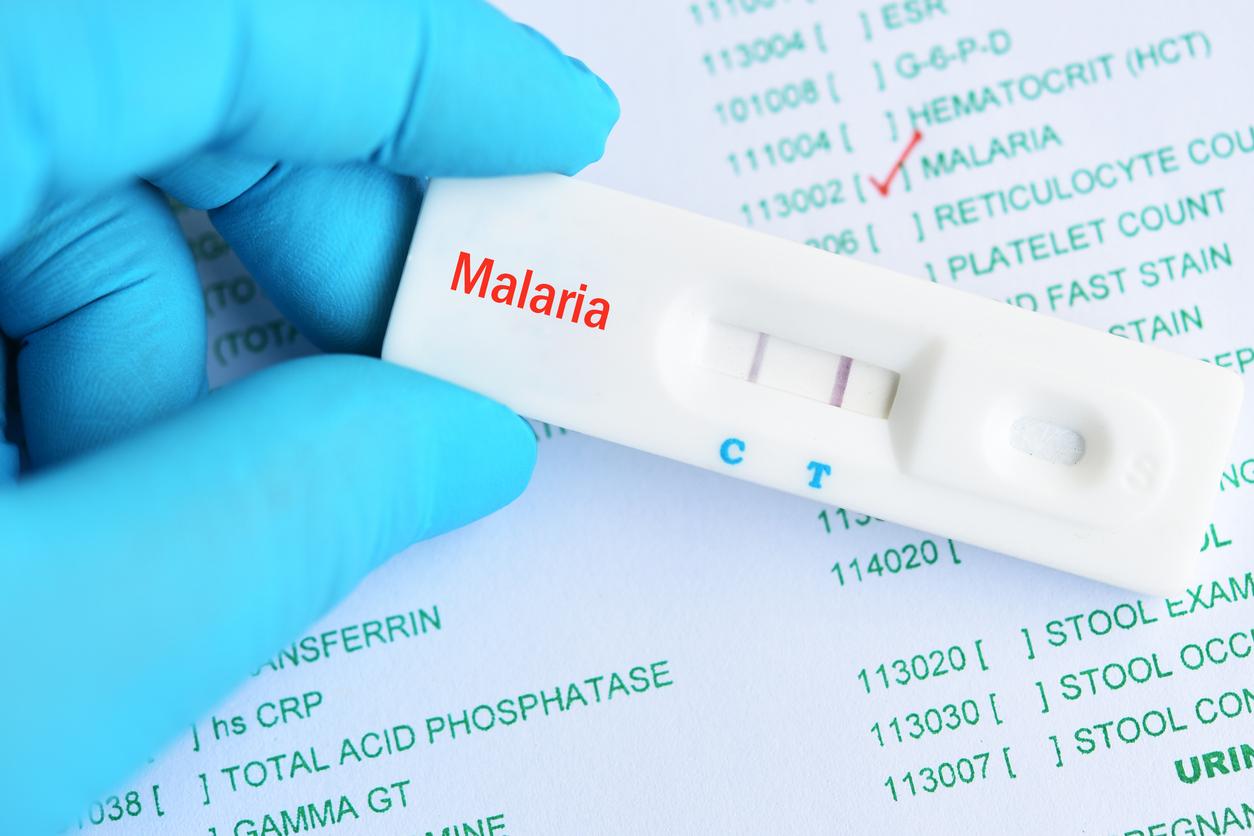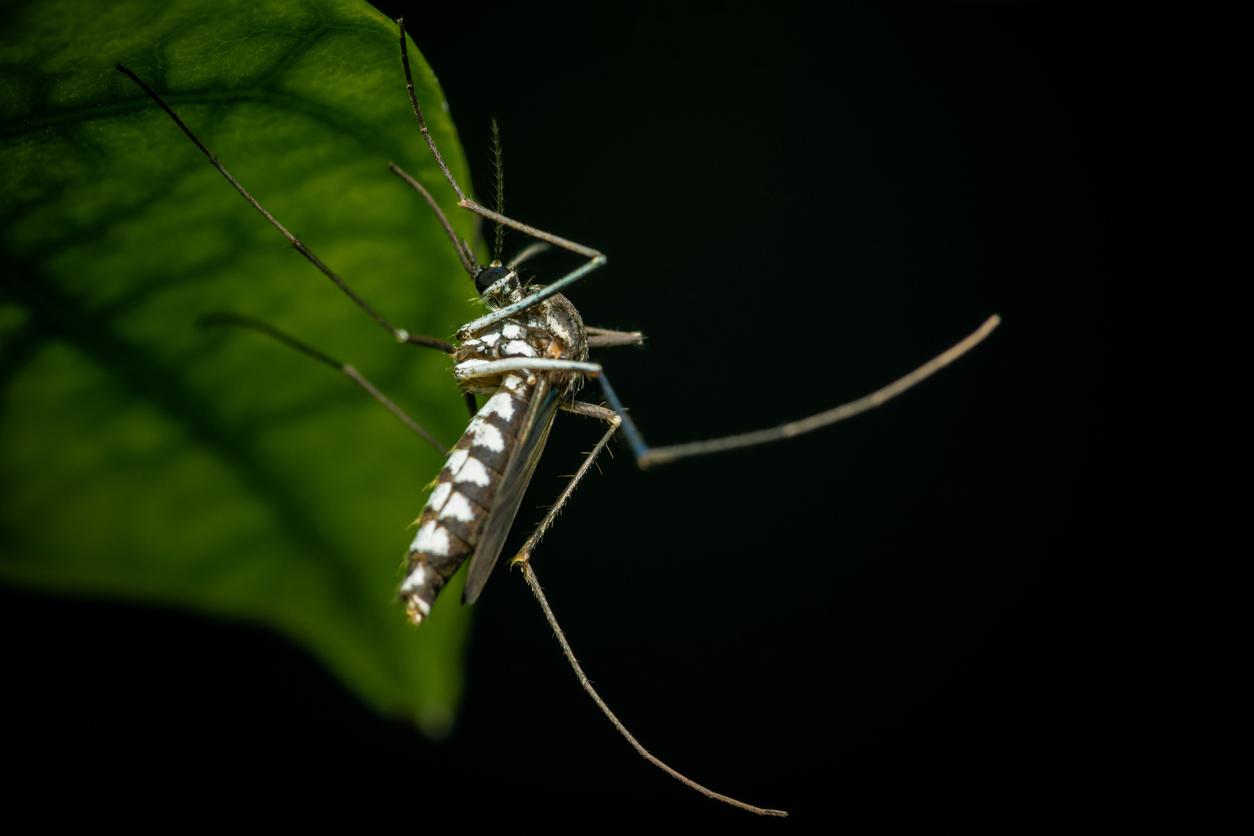Parasites responsible for malaria (or malaria) could change the smells of the people they infect, suggests a study in the Proceedings of the National Academy of Sciences. Scientists believe that the altered odor can help them in the reproductive stage.
Malaria is a disease caused by a parasite, Plasmodium, transmitted by carrier mosquitoes. In humans, these parasites multiply in the liver and then attack red blood cells. In the patient, malaria manifests itself by fever, headache and vomiting.
Researchers at the Swiss Federal Institute of Technology and Pennsylvania State University studied the impact of malaria on mice for 45 days. In infected mice, a change in odor was observed. This news persisted in infected mice even without the first symptoms.
Mosquitoes would be more attracted to mice when the parasites in rodent bodies are at a certain stage of development, that is, when they need to pass the parasite to another mosquito to facilitate reproduction and contamination. In other words, the parasite would manipulate the scent of its prey in order to promote its survival by attracting mosquitoes.
It remains to be seen whether this model observed in animals also works in humans.
In theno treatment, malaria can cause death by the circulatory disorders it causes, recalls the WHO.
















